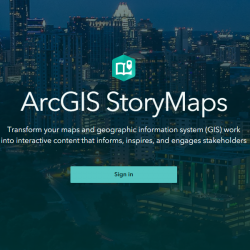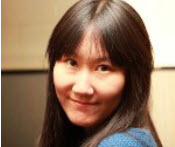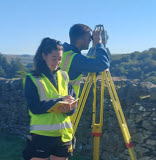Communicating to succeed: enhancing Bioscience students’ skills through science communication
Discover how a flexible, adaptable 3-week summer project focusing on science communication can enhance bioscience students’ academic and professional skill gains, placement attainment rates, confidence, as well as provide a transnational educational opportunity.










